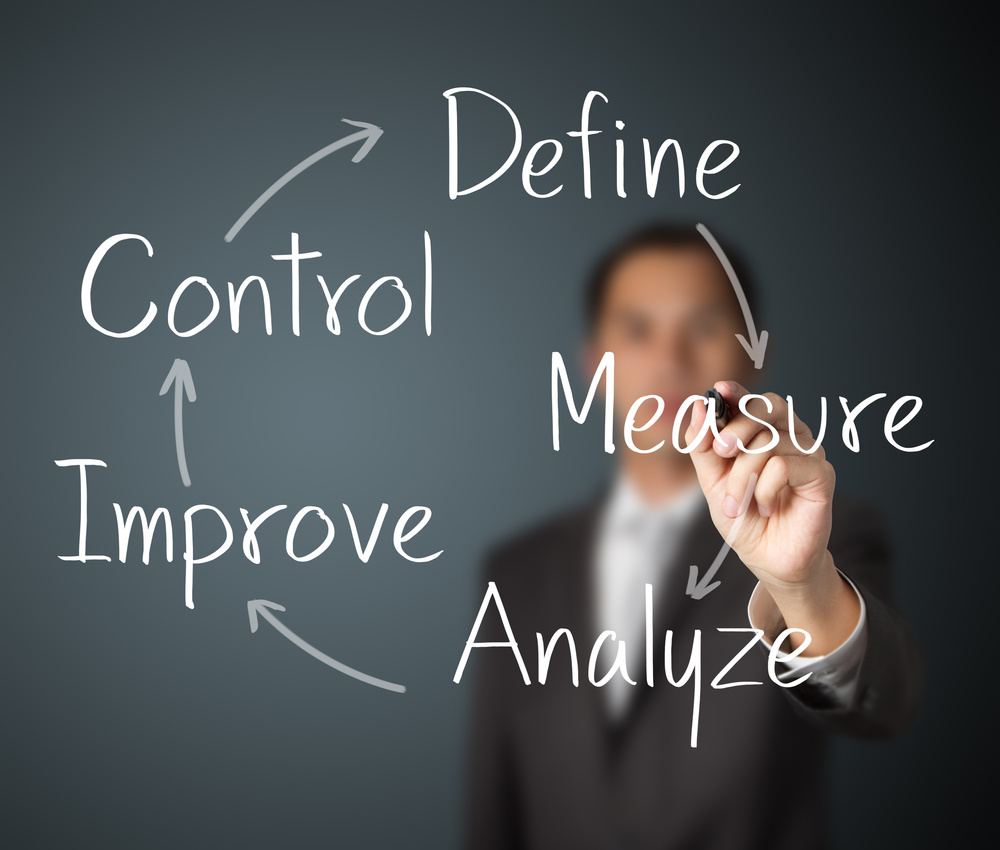
“It is futile to do with more things that which can be done with fewer.”
William Of Occam
“Expensive words mask imprecision. A clear writing derives from clear thinking. Think simple. “
Tim Ferris
“If I had more time I would have written you a shorter letter.”
Blaise Pascal
“When you first start to study a field, it seems like you have to memorize a zillion things. You don’t. What you need is to identify the core principles (generally three to twelve of them) that govern the field. The million things you thought you had to memorize are simply various combinations of the core principles.”
John T. Reed
“If you fail to plan, you are planning to fail.”
James Taylor
“The things that get schedule are the things that get done.”
Robin Sharma
“Lack of time is, in fact, lack of priorities”
Tim Ferris
“The person who chases two rabbits catches neither.”
Confucius
“When you spend your time and precious mental energy focusing on the meat, you have no time to waste on the fat.”
Robin Sharma
“The way to be successful is to learn how to do things right, then do them the same way every time.”
Pat Riley
“The best time to plant a tree was forty years ago. The second best time is today.”
Divea
“Talk to those who can make you better than you are.”
Seneca
“Surround yourself with people who are going to lift you higher.”
Oprah
“If something isn’t help you to be stronger, then it is weakening you.”
Tim Ferris
“Silence is the place productive people go to think.”
Robin Sharma
“The man who grasps principles can successfully handle his own methods. The man who tries methods, ignoring principles, is sure to have trouble.”
Ralph Waldo Emerson
“I not only use all the brains that I have, but all that I can borrow.”
Woodrow Wilson
“Taking out the bad does not create the good. It just leaves a vacuum.”
Tim Ferris
“The potential you don’t express today turns into pain tomorrow”.
Robin Sharma
“Did we not know that the human mind seldom arrives at truth upon any subject till it has first reached the extremity of error.”
Benjamin Rush
“Regardless of the fucked up acts of others, we have to reach within ourselves and grow.”
Tim Ferriss
“Never throughout history has a man who lived a life of ease left a name worth remembering.”
Theodore Roosevelt
“You have to take a look in the mirror and say – how can I get better? – All players think is somebody else’s fault. But when you’re a great player, your job is to make the lesser players better.”
Charles Barkley
“If nothing comes into my head (while improvising), I just start playing. I start to play a scale. I start to play something. And as I play, I know something is going to come to me”.
Robert Levin
“Practice is not what a person does when it becomes good at something, but what it does TO become good at something.”
Malcom Gladwell
“Emphasizing effort gives a child a variable that they can control. They come to see themselves as in control of their success. Emphasizing natural intelligence takes it out of the child’s control, and it provides no good recipe for responding to a failure.”
Carol Dweck
“We discovered that those who think that innate intelligence is the key to success begin to discount the importance of effort. I am smart, the kids’ reasoning goes; I don’t need to put out effort. Expending effort becomes stigmatized. It’s public proof that you can’t cut it on your natural gifts.”
Carol Dweck
“A person who grows up getting too frequent rewards will not have persistence, because they’ll quit when the rewards disappear.”
Robert Cloninger
Replace “more work” to “work smarter.”
Learn to say “No”.
If it’s not important, don’t waste time on it.
Let the little bad things happen and look for great things to materialize.
A lot of missteps were undertaken by doing nothing.
Extremism in the pursuit of excellence is not a vice.
Confidence is what turns thoughts into action.
Confidence is a belief in one’s ability to succeed.
Ambition mistakes come from a decision to act. But the mistake of indolence implies doing nothing, i.e., refuse to change a bad situation for fear.
You can either choose to be creating or to be consuming.
High levels of self-confidence can be a result of “Dunning-Kruger Effect” which essentially means you can’t recognize your own ignorance.
Spaced practice = smaller number of repetitions spaced several times through the course of a day, week or month.
Interleaved practice = Re-order your topics and subjects in a random fashion. This way you’ll prevent yourself from boredom and continuously trigger your brain to new things.
Varied practice = multiple variations of the same exercise, whether in time, speed, rhythm, posture, fingering or anything it comes to mind.
Visualization helps you get better, faster. Visualize your fingers, scale patterns, phrasing, articulation, melodies, transcriptions and ideas of your own.
Mindful practice: When playing your instrument apply deliberate attention to every detail: your breathing, the fingers, the strings, the soles of your feet, the sound of the wood… literally everything!
Eliminate every possible source of disruption from your practice sessions: phone calls, texting, messaging, Facebook, shopping lists… Oh, and your ego, also!
Reverse the fallacy that stands for “If I work hard I’ll be successful and then I’ll be happy”. The truth is that if you grow stronger to be happy you will be successful and that will make you want to work harder!
Focus on being productive and not on being busy.
EFFICIENCY = Acting on what bring us closer to our goals.
PARETO’S LAW (Law 80/20), 80% of results come from 20% of effort and time.
PARKINSON’S LAW:
- A) The less time you have to accomplish a task, the less time is wasted and higher concentration will flow to important things.
- B) Higher shortage of time is equivalent to greater objectivity, which increases productivity.
- C) The higher the shortage of time, the less waste of concentration.
Shorten your working time to narrow tasks to its fundamentals.
TIME is wasted in proportion to the amount available.
Divided attention for several simultaneous activities causes more frequent interruptions, fatigue and lapses in concentration.
More information equals less attention. Make sure you’re on an “information diet” (= Cultivate selective ignorance).
GROUP WORK – be sure that people around you stay focused instead of socialize, complain or ramble.
Use “DO NOT DISTURB” signs when at work.
Be objective. Say NO!
Being efficient does not mean being serious all the time.
More options lead to more indecision.
Think about your goals. Without them, your mind will create problems to solve.
Keep building your strengths and relax on your weaknesses.
GO TO THE POINT in order to MAKE THINGS DONE.
Being busy does not equals being productive.
Brain exercises are a must: Speed, memory, attention, flexibility and problem solving.
Your brain gets bigger, like a muscle, when it gets to think about something hard.
Set rituals. Don’t rely on willpower. Rely on those rituals.
The quality of your practice determines the calibre of your performance.
Good praise: “I like how you keep trying.”
To be effective, praise needs to be specific and sincere.
You remember things that ignite your imagination.
“Self-regulation” is the process that the most effective practitioners do to make sure they’re not being inefficient and simply banging their heads against a wall.
KAIZEN = Japanese word meaning constant and never-ending improvement.
Failing to plan is planning to fail.
One day you’ll wish you had started sooner.

